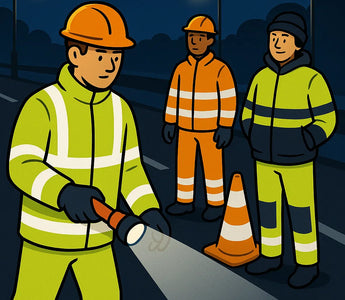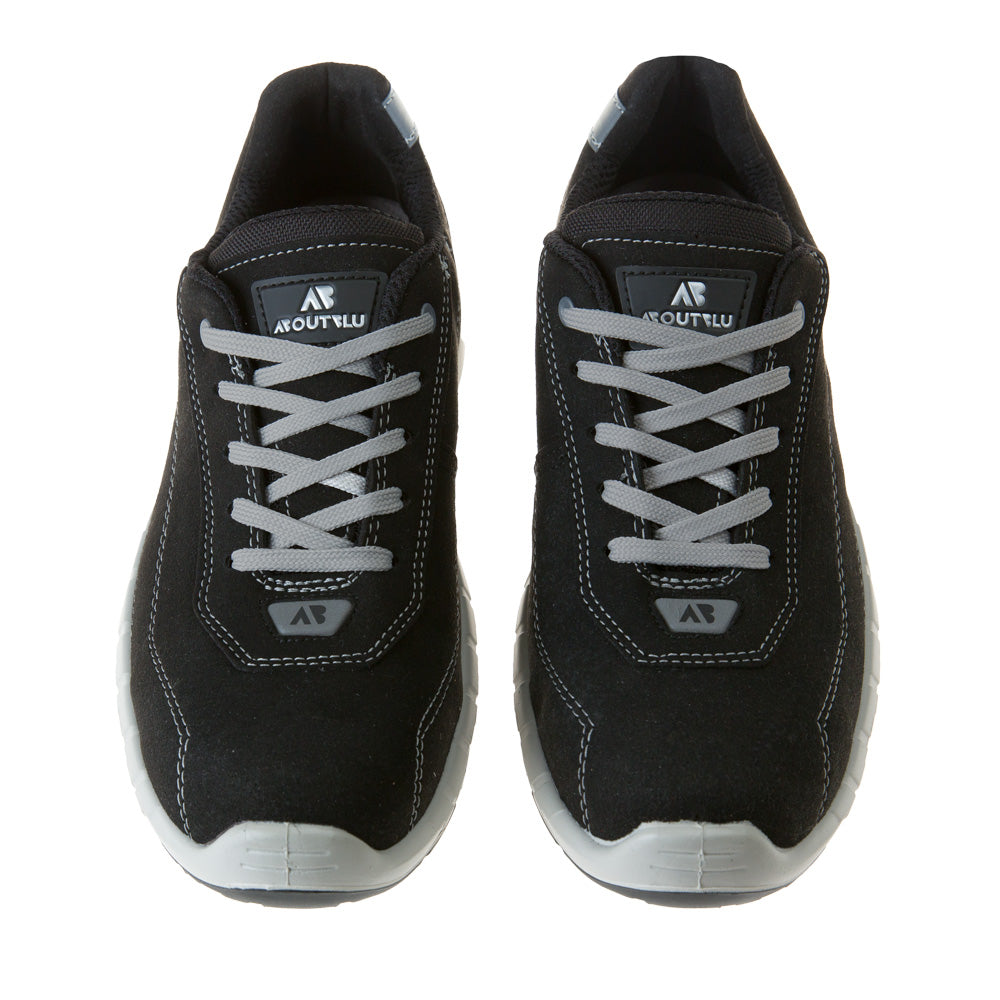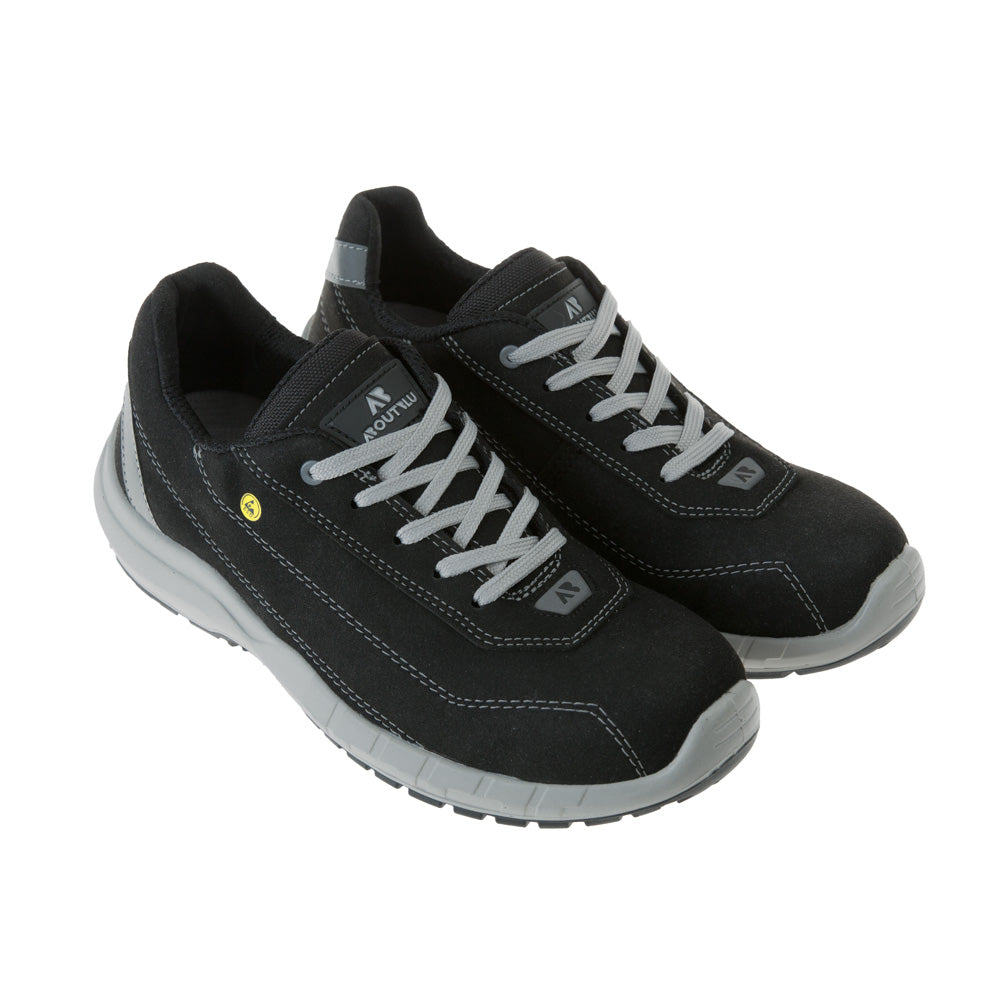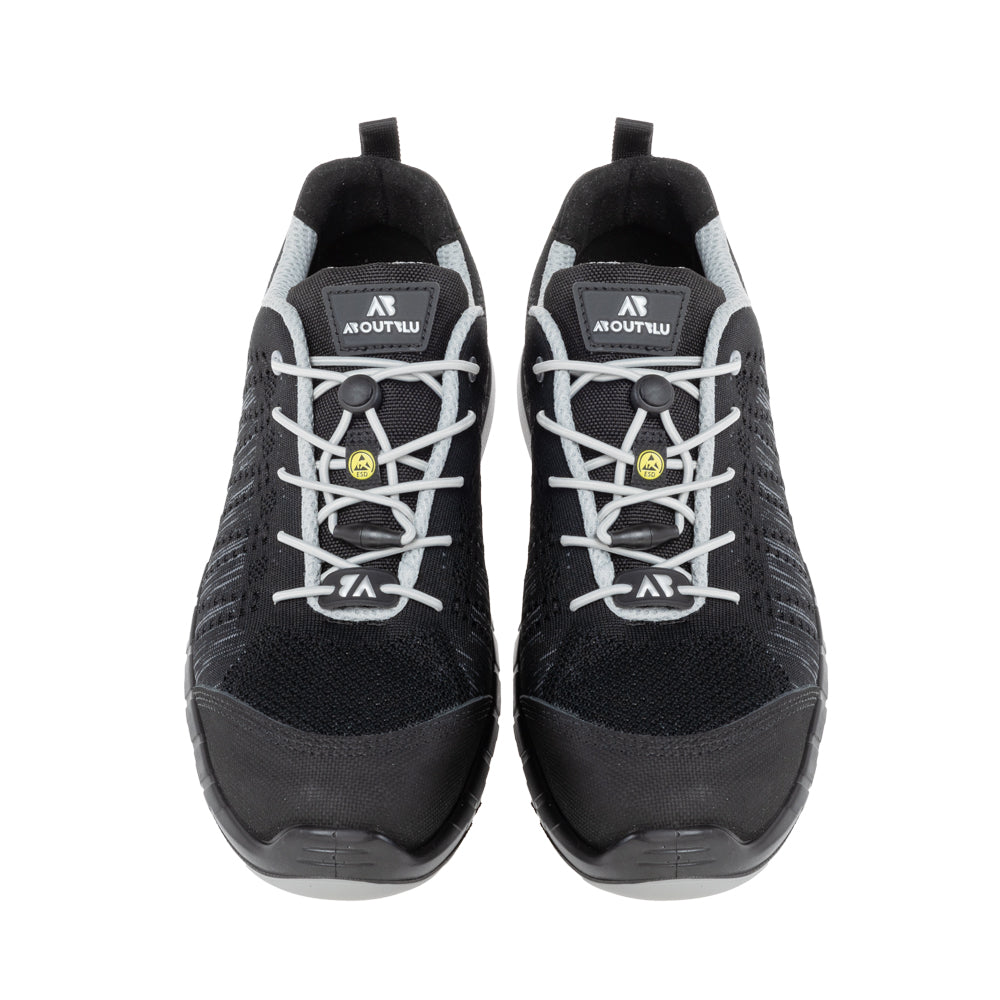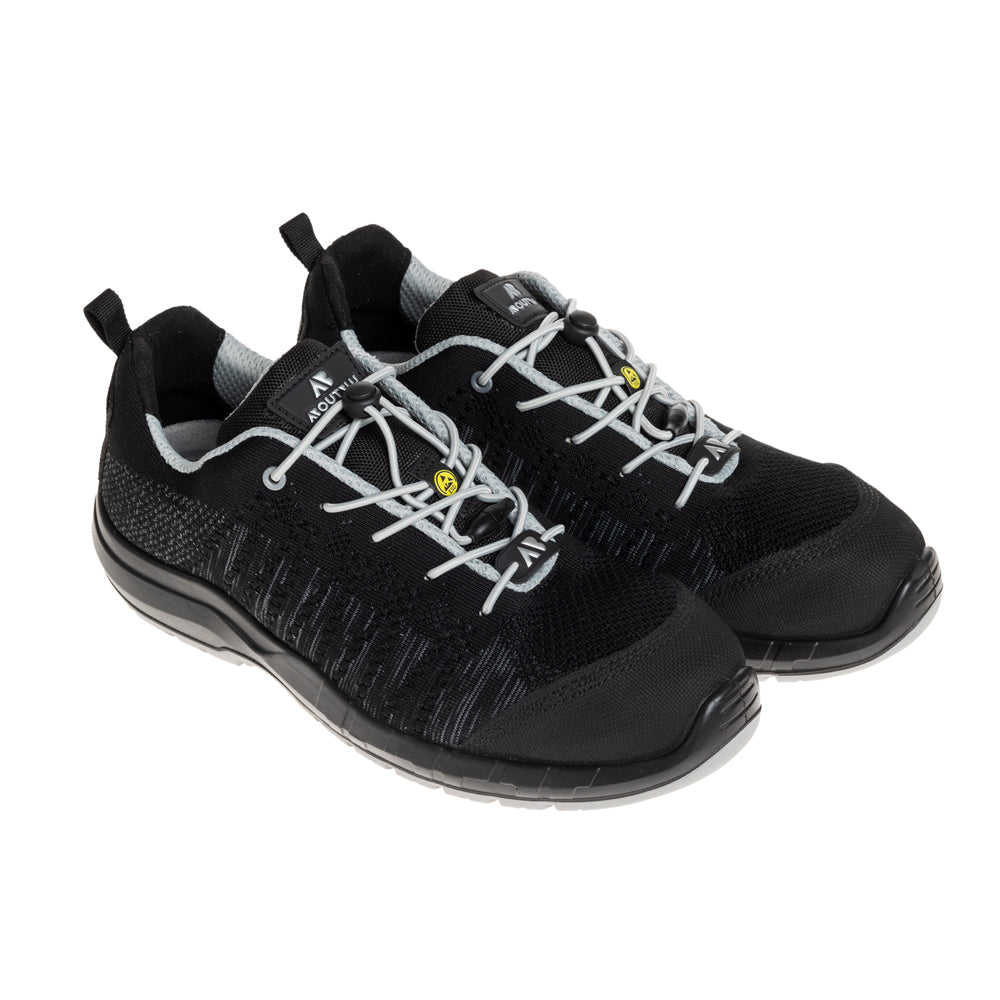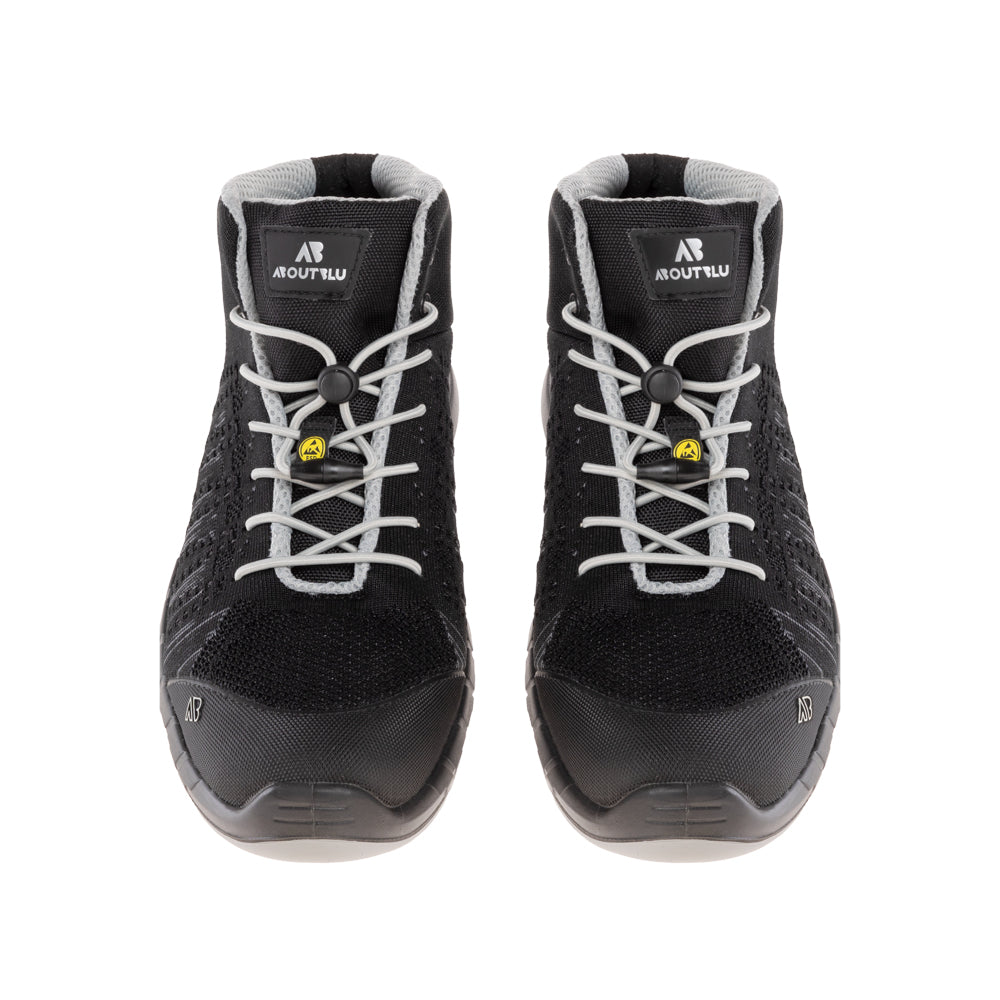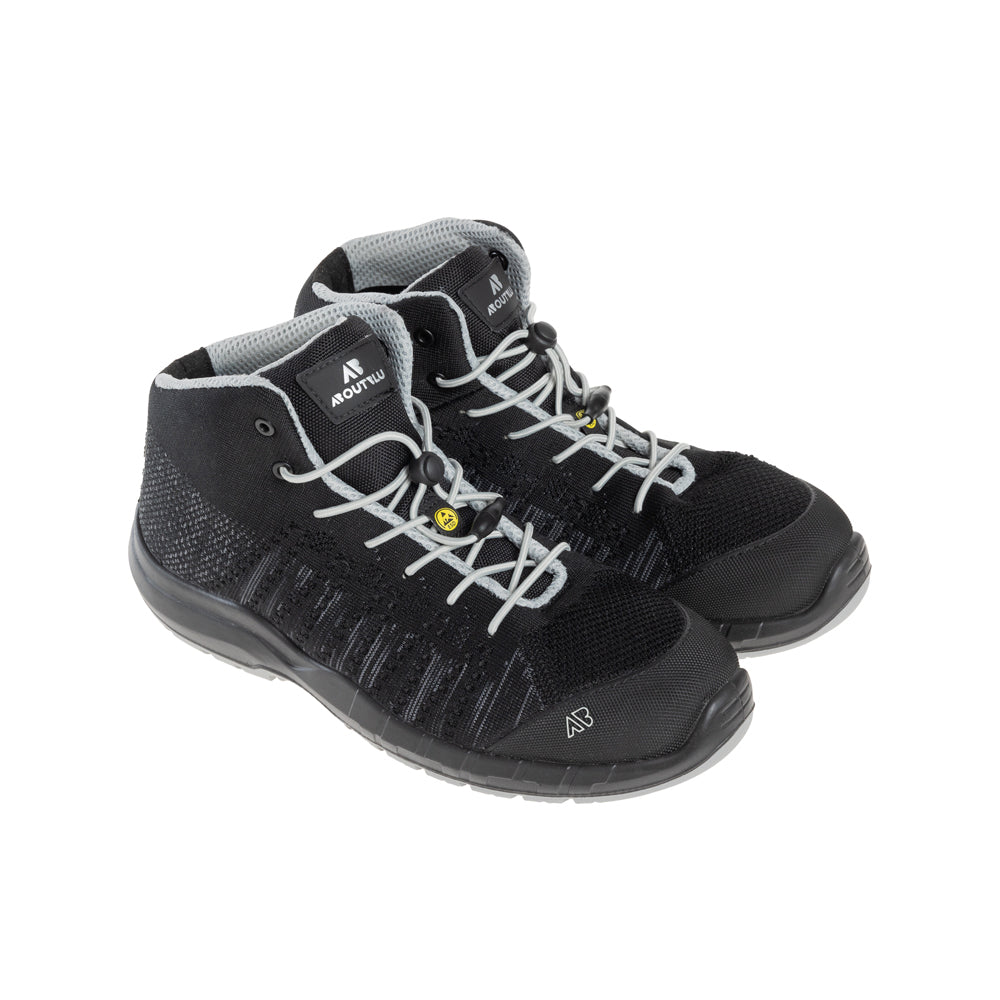If you are searching for hi vis clothing night workers, you need more than a catalogue. You need a clear plan by role and environment that keeps people seen, comfortable, and compliant through every night shift. At Alex Direct, we build simple, repeatable kits for road teams, logistics, rail, utilities, airports, events, and cleansing crews. Use this guide to specify the right classes, tape layouts, and layers for each job, then lock it all into easy reordering.
The non-negotiables for every night shift
Standards first
Choose EN ISO 20471 visibility class to match the risk. Near live traffic or plant usually means Class 3 for outerwear. Enclosed yards often accept Class 2 for tops.
Prioritise biomotion on arms and lower legs so drivers recognise a human shape instantly. Use segmented tape when heat load is high, continuous tape for colder, low-movement tasks.
Layering that works in the real world
Night work swings between exertion and stand-by. Pair a breathable mid with a weatherproof shell that goes on and off quickly. Keep one warm layer ready for long stints outside.
Two proven outer layers to anchor your kit
-
Lightweight waterproof shell: Regatta Hi-Vis X-Pro Waterproof Shell Jacket Class 2
-
Warm overhead style for cold shifts: Regatta TT Hi-Vis Overhead Bomber
Care that preserves performance
Follow the wash count on the label, close fastenings before washing, and replace garments that lose colour or reflectivity. Keep a simple reorder list by role.
Fast spec by industry
Road maintenance and traffic management
-
Visibility target: Class 3 on the body when working near live lanes.
-
Recommended build: Long-sleeve Class 3 jacket or Class 2 top plus Class 2 trousers with biomotion tape.
-
Helpful details: Storm flaps, taped seams, drop hem for spray, roomy radio pockets.
-
Anchor layer: X-Pro Shell for rain and wind control on cone runs and barrier moves.
Logistics, warehousing, last-mile
-
Visibility target: Class 2 torso as baseline in yards and loading bays. Add limb tape for recognition around MHE.
-
Recommended build: Breathable hi-vis polo with segmented tape, slim gilet or softshell, packable rain top.
-
Helpful details: Zip neck to dump heat, low-bulk cuffs for cabs.
-
Anchor layer: TT Overhead Bomber when rounds turn cold and static.
Rail and trackside supervision
-
Visibility target: High-visibility orange to local rail specifications, Class 2 or Class 3 depending on task and location.
-
Recommended build: Rail-spec jacket, rail trousers with biomotion, lightweight orange top for warm nights.
-
Helpful details: Clear chest zones for ID, harness-friendly cut, secure radio loops.
Utilities and emergency call-outs
-
Visibility target: Often Class 3 at night roadside, Class 2 inside fenced compounds.
-
Recommended build: Thermal base, fleece or softshell mid, weatherproof shell with adjustable hood.
-
Helpful details: Tear-resistant outers, fleece-lined hand pockets for stand-by.
-
Anchor layers: X-Pro Shell for wet nights, TT Overhead Bomber for longer cold repairs.
Airport ground operations
-
Visibility target: Class 2 or Class 3 with clean tape that reads under floodlighting and glare.
-
Recommended build: Lightweight hi-vis polo, vented softshell, rain shell on standby.
-
Helpful details: Anti-snag patterns around belt packs, ID windows, radio docks.
Events, stewarding, night security
-
Visibility target: Class 2 for crowd-side roles, Class 3 for traffic interfaces.
-
Recommended build: Marked vest or polo, weather-appropriate shell, smart dark trousers.
-
Helpful details: Quiet fabrics, clear panel for role label, tidy tape layout for photography.
Waste, street cleansing, winter gritting
-
Visibility target: Consistent Class 3 with biomotion. Recognition from all angles is the goal.
-
Recommended build: Insulated jacket for cold routes, Class 2 sweatshirt for mild nights, hi-vis trousers with reinforced knees.
-
Anchor layer: TT Overhead Bomber for warmth without fuss when the route is long.
Summer vs winter night kits
Summer nights
Choose breathable tops with segmented tape. Keep a slim gilet and a light rain shell like the X-Pro Polo in the vehicle for early-hour chill and showers.
Winter nights
Thermal base plus fleece or softshell mid, then a warm outer. The TT Overhead Bomber is a reliable single grab when temperature and wind chill drop.
Fit and comfort that keep compliance high
-
Stock full size runs and women’s fits so everyone wears the kit properly.
-
Allow comfortable room for a base and mid under the shell.
-
Choose soft inner collars and smooth seams to prevent rubbing on long shifts.
-
Record sizes per employee to speed replacements and keep teams consistent.
Quick buyer checklists
Near live traffic or plant
-
Class 3 jacket or Class 2 top plus Class 2 trousers
-
Biomotion tape on limbs
-
Waterproof, breathable shell such as the Regatta Hi-Vis X-Pro Waterproof Shell Jacket Class 2
Yards, depots, airside
-
Class 2 breathable top with segmented tape
-
Slim softshell or gilet for movement
-
Warmer layer available, for example the Regatta TT Hi-Vis Overhead Bomber
Mixed office to site
-
Smart hi-vis polo that photographs well
-
Lightweight shell for quick compliance
-
Compact vest stored in vehicle
FAQs
Which class should I choose for most night work
Close to traffic or mobile plant, many buyers choose Class 3 outerwear at night. Enclosed yards and depots often use Class 2 for tops. Always align to your site rules and risk assessment.
Segmented or solid tape
Both are certified when used correctly. Segmented tape increases comfort and airflow on active shifts. Solid tape can appear brighter in low-movement, cold conditions.
Make the kit list repeatable
Use role-based saved lists, lock core lines for the season, and set simple size-based reorder cues. Start outerwear with the Regatta Hi-Vis X-Pro Waterproof Shell Jacket Class 2 for wet nights and the Regatta TT Hi-Vis Overhead Bomber for cold routes. Then add breathable tops and reflective limb tape to finish a night-ready wardrobe that is easy to maintain.



